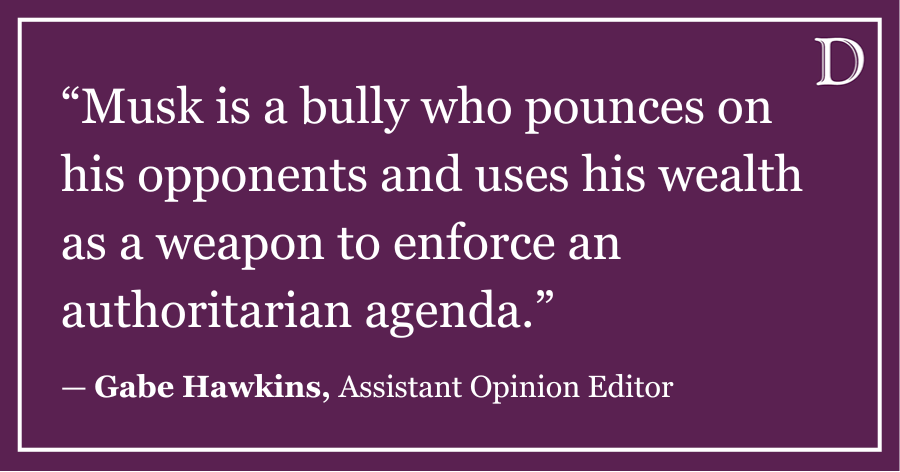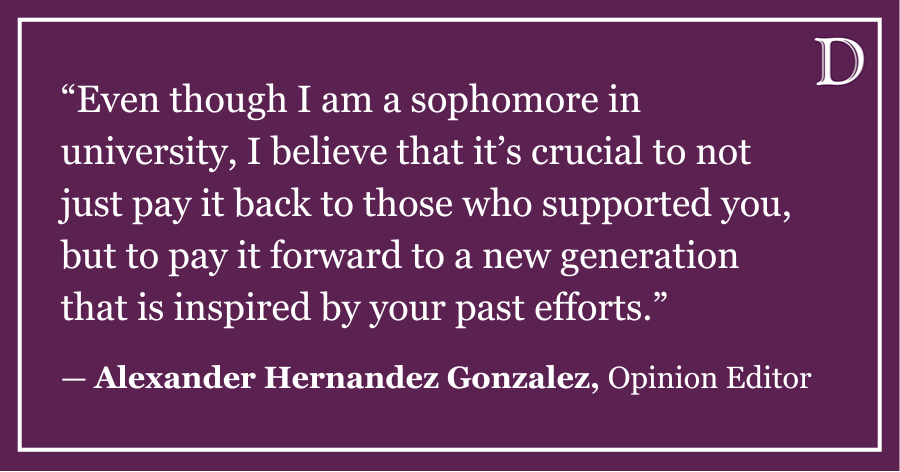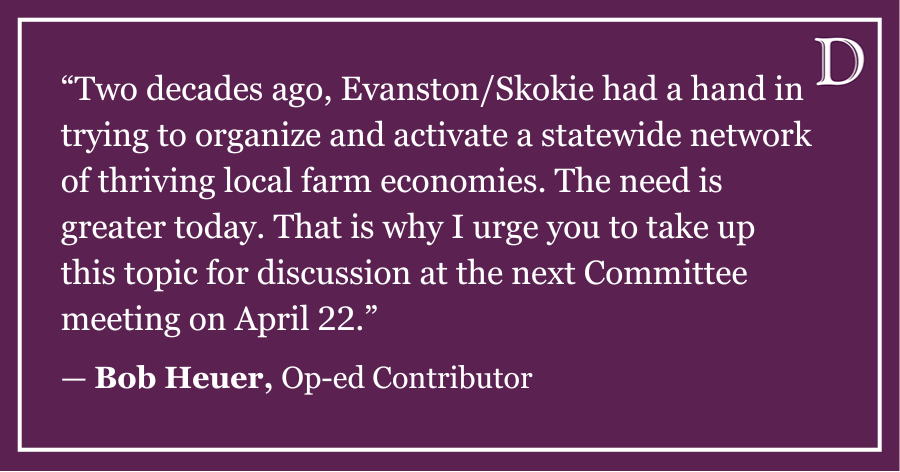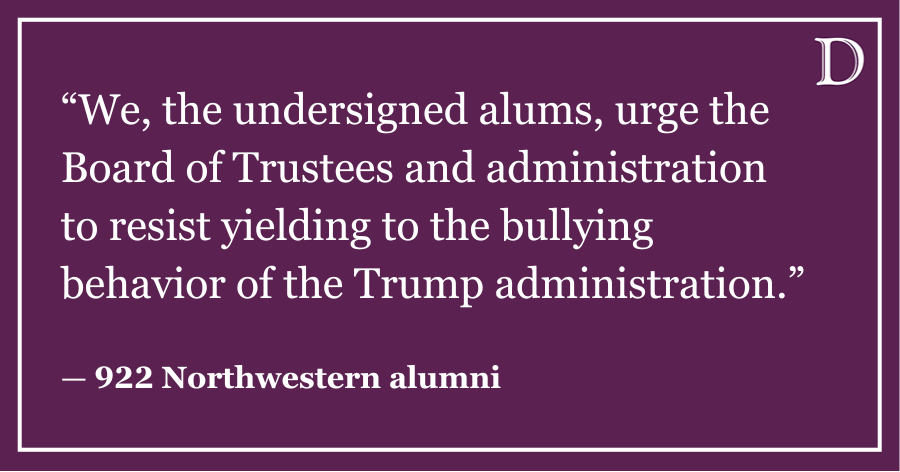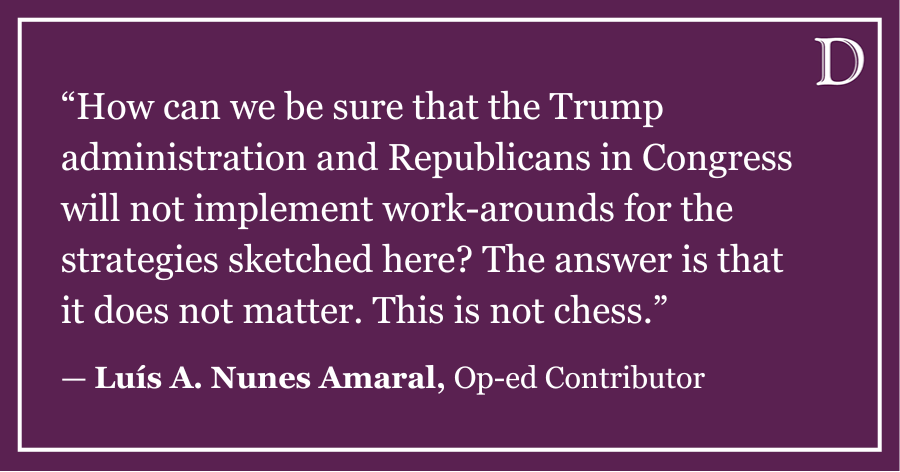The culture of education both at Northwestern and in America has been on my mind a lot lately, enough to warrant a third entry in my series of rants. If you’re interested in the first two, you can take a look here and here on The Daily’s website (hint, hint), but for those of you who are too lazy to flatter my ego, I’ll give you the basic idea.
Pushing students to work hard in the name of getting into college to get a degree to get a job to make money at some point far in the future fails to inspire and motivate many people to achieve what they are capable of. Furthermore, many of those for whom it is “successful” become so wrapped up in that idea of “success” they neglect their own health and happiness.
But enough with the heavy stuff. While that’s all fine and dandy, there’s another aspect of “being in school” that I didn’t touch on and deserves to be mentioned. My inspiration for this column comes from a 1981 interview with the renowned physicist Richard Feynman titled, “The Pleasure Of Finding Things Out.” If you’re interested, you can watch it here on YouTube. I highly recommend it; it’s a heartwarming, feel-good tribute to the joys of just “finding things out” — learning and asking questions for their own sake.
You don’t need me to tell you that tests and practice problems don’t exactly fit Feynman’s bill, but this isn’t just a problem confined to the sciences. I’d argue that the state of the humanities might even be worse. At NU, we’re privileged to have professors like Gary Saul Morson (who, if you don’t already know, teaches Introduction to Russian Literature, which is something of an informal graduation requirement) that can make reading Tolstoy and Dostoevsky interesting, relevant and challenging to what we believe about the world. Back in high school, those classes intended to make us think and expose us to the world of ideals were more an exercise in learning how to write a paper about “The Adventures of Huckleberry Finn” the night before it’s due having never actually opened the book (and for me, learning how to clandestinely do my trigonometry homework in class so I could get at least something out of those 50 minutes).
Being forced to read old books with no one to explain their context, have contrived in-class discussions and, worst of all, take reading quizzes stifles critical thinking the same way being subjected to tests and rote learning stifles the desire to “figure out how things work and why” in the sciences. At least burgeoning science geeks can tinker with computers and paper mache volcanoes on their own. Learning to appreciate classic books and famous thinkers is a much more difficult task without a teacher to provide context and perspective, which is why I think the humanities might be even worse off than the sciences.
The root problems are myriad, notably among them is the unfortunate lack of respect much of the teaching profession is given. However, I think that there is a (possible) greater issue at the bottom of this mess which creeps its way into the problem in more ways than we tend to notice. We’ve come to rely increasingly on standardization not only in assessments of what I loathe to call “progress,” but in curricula and grading policies as well. We talk about education systemically — from the top down — as though it were some elaborate optimization problem. Unfortunately, inspiration, creativity and the pleasure of findings things out are exactly the things which cannot be standardized — the best you get are those contrived colleges essays about how much you “care” about things.
Julian Caracotsios is a Weinberg junior. He can be reached at juliancaracotsios2014@u.northwestern.edu. If you want to respond publicly to this column, send a Letter to the Editor to opinion@dailynorthwestern.com.


